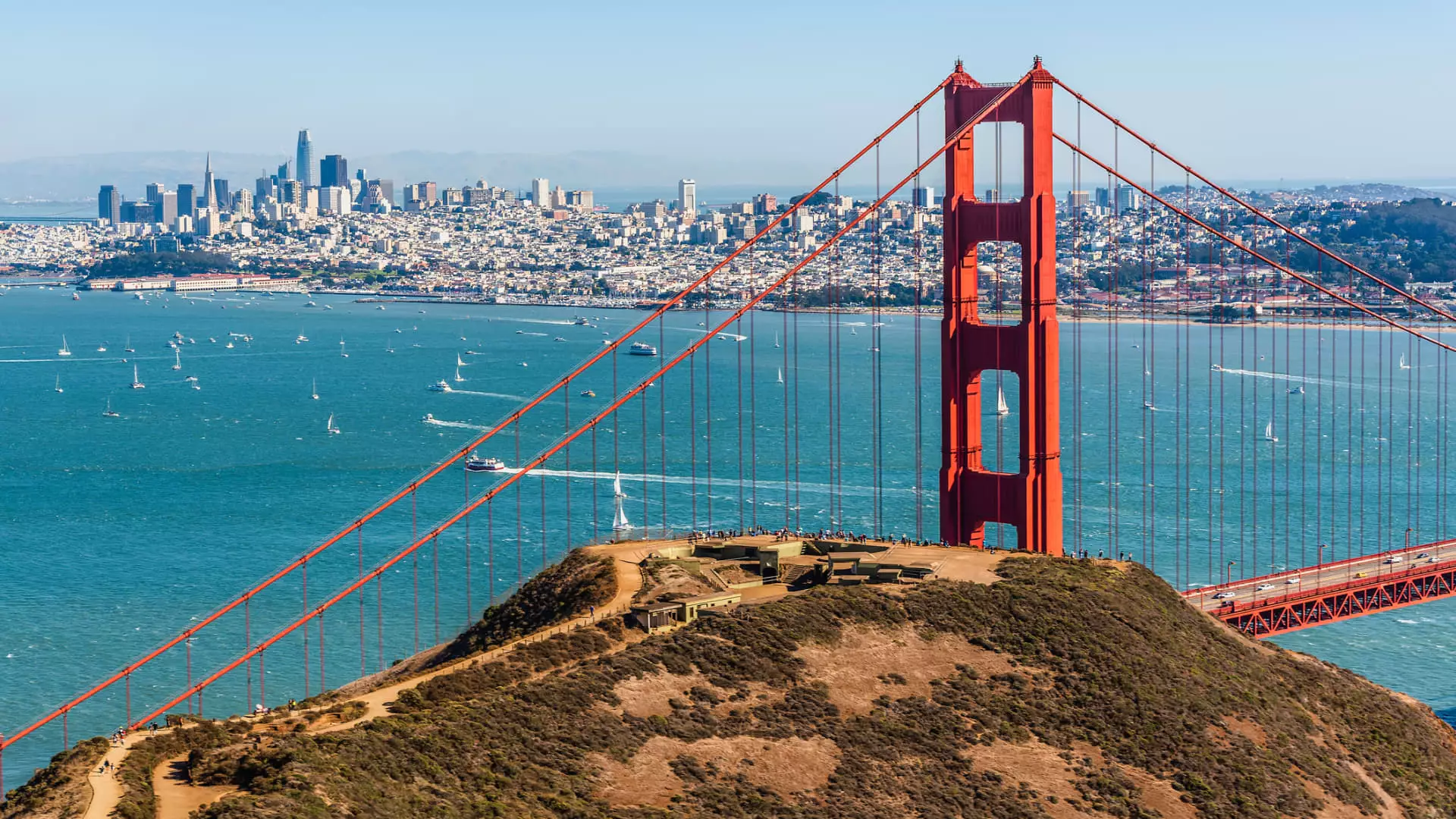It has become increasingly evident that America is riding a self-perpetuating wave of wealth creation, with a staggering 6 million liquid millionaires—an increase of 78% over the past decade—reigning over a global economic landscape. This reality, while often celebrated, lays bare a troubling dichotomy where the rich get exponentially richer, while the rest grapple with stagnation. According to reports, the U.S. now holds over a third of the world’s millionaires and a commanding 867 billionaires, revealing an astonishing concentration of wealth that underscores systemic inequities. This wealth is concentrated not only geographically in traditional hubs like New York, the Bay Area, and Los Angeles, but also in emerging sunbelt cities that thrive on burgeoning tech sectors and favorable living conditions.
The Illusion of Opportunity
Describing America as the “undisputed world leader” in tech wealth, as stated by Andrew Amoils of New World Wealth, strikes me as an oversimplification. While it is true that innovative sectors like artificial intelligence and online retail are driving monumental fortunes, equating this success with national prosperity is misleading. The influx of millionaires, including approximately 3,800 relocating from abroad, adds layers of complexity to the American socio-economic landscape. Many of these affluent individuals are drawn to states like California and Texas, which has now become an attractive haven for wealth, further intensifying competition and driving up costs for average citizens. This relentless pursuit of luxury often sidelines those who are not part of this elite economic conversation.
The Shrinking Middle Class
Amidst this rush to accumulate wealth, the plight of the American middle and working class is painted in stark contrast. The increased millionaire growth has not equated to an uplift for the masses but has instead deepened the socio-economic divide. The question becomes: who benefits from this skewed growth? The reality is that, while fortunes are being amassed, basic needs such as affordable housing and healthcare remain as distant prospects for millions. The booming economy reflects wealth in the hands of a select few, creating an illusion of prosperity while hosting a silent crisis for workers left in the dust.
A Call for Balanced Growth
As someone who aligns with center-left liberal perspectives, I find the current trajectory troubling yet not entirely unsurprising. The allure of wealth must not come at the expense of social responsibility. America’s commitment to innovation should intertwine with efforts to cultivate equitable growth that empowers everyone, not just those already blessed with assets. We must advocate for policies that support the broader society, such as affordable housing initiatives, universal healthcare provisions, and equitable education that can cultivate a workforce ready for the challenges posed by evolving industries.
The rise of wealth in America is a phenomenon that cannot be celebrated without thoughtful scrutiny. It is imperative that the narrative surrounding prosperity shifts from one of mere accumulation to one where economic empowerment is truly inclusive. The rise of the millionaires should serve as a catalyst for dialogue, urging us to rethink values, redefine success, and reassess who truly benefits from the American Dream.

